Play the Soup, Salad, or Sandwich? Game for an exciting icebreaker or brain-break activity!
Have You Heard of the Soup, Salad, or Sandwich Game?
If not, you’re in for a treat! The Soup, Salad, or Sandwich Game is designed to kick-start your classroom community with a lively movement game and whole-class interaction among students. It revolves around an engaging classroom debate in which participants argue which of the three food categories—soup, salad, or sandwich—a particular food belongs to.
How Do You Play Soup, Salad, Sandwich?
Did you know that every food in the world can be divided into three categories: soups, salads, and sandwiches? In this interactive movement game, your students will have a blast thinking, agreeing, disagreeing, and defending their opinions. To play this game, check out the instructions below. Before beginning, make sure to review the definitions of each category.
- Soups are wet mixtures of ingredients eaten with a spoon. The ingredients can be whole or ground up, but they will still contain liquid.
- Salads are a mixture of one or more wet or dry ingredients. They can be eaten as separate components or mixed together in one place.
- Sandwiches are a food with distinct layers. A sandwich is contained within itself or is enclosed in a bread-like container.
- Students will look at each picture and, based on its descriptions, identify the category the dish belongs to.
- Students move to the location of the room that represents their choice and talk with the other students about why they chose what they did.
- They should be prepared to discuss their decisions with their group and defend them to classmates who chose something different from them.
- Once the debate is complete, students will return to their seats to await the next card.
This interactive game is a fantastic way to introduce students to the dynamics of classroom discussions and debates, making the activity one to remember!
Download, Project, and Play Soup, Salad, Sandwich Today!
This downloadable teaching resource is available as an Interactive Google Slides or Powerpoint Activity. To get your new resource, click the dropdown arrow on the download button. If you are using the Google Slides version, you will be prompted to make your own copy. From there, project the slides on your screen and start playing today!
This resource was created by Lindsey Phillips, a teacher and Teach Starter Collaborator.
Even More Resources for Team-Building Fun!
Discover more ways to spark curiosity and engage your students. Before you go, take a moment to browse through these team-building activities!
[resource:4420960] [resource:4976288] [resource:4882293]
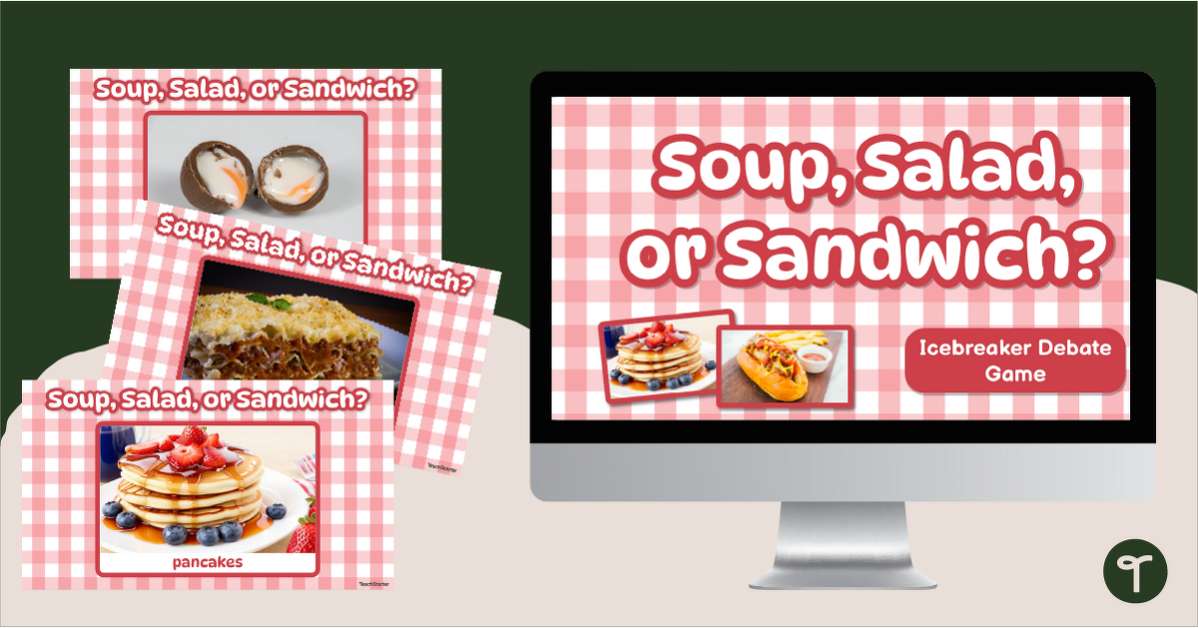

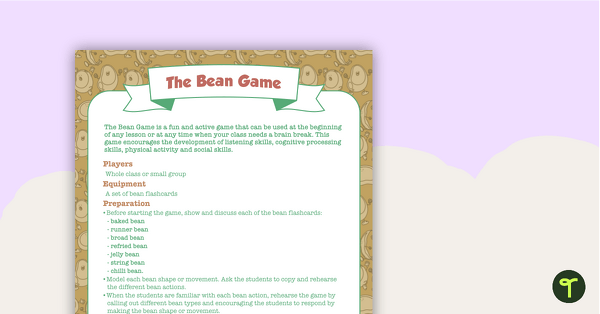
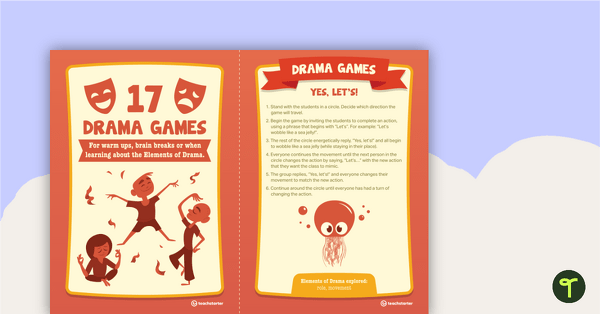

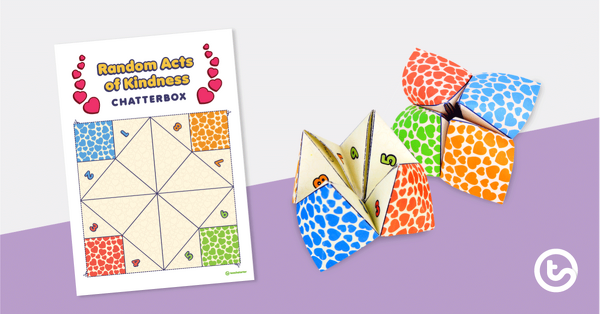
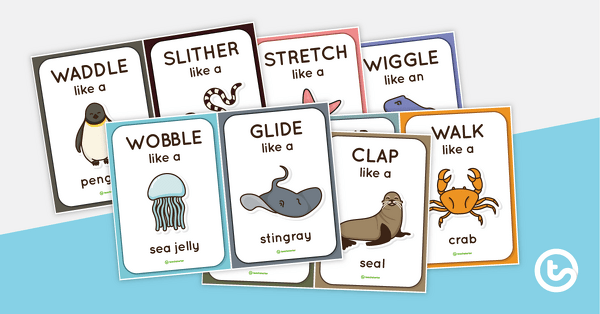
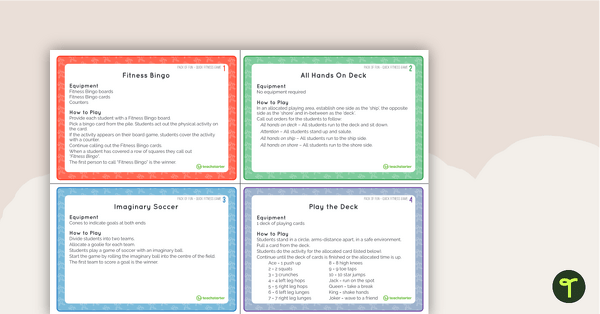
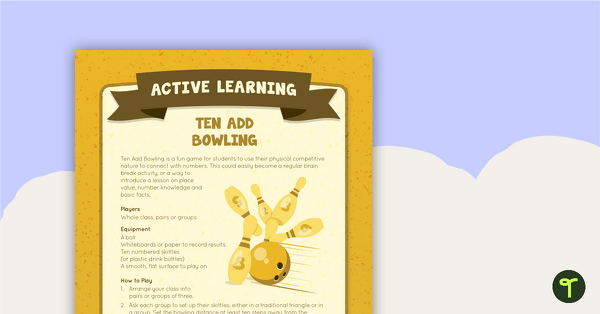
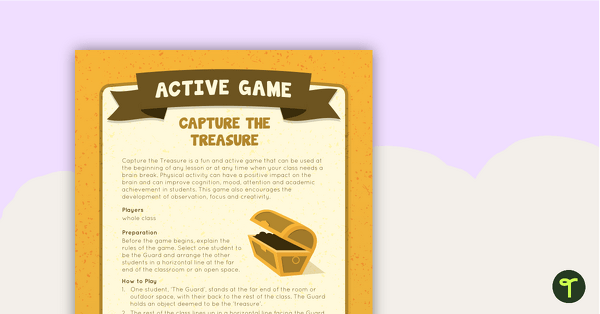
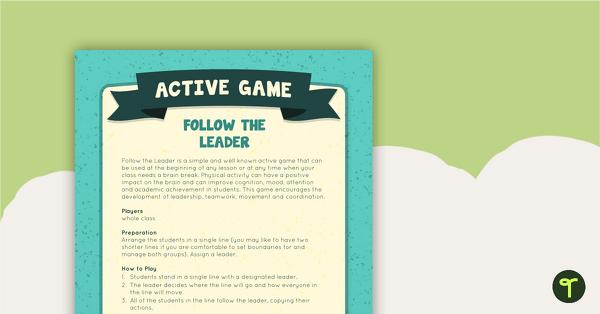
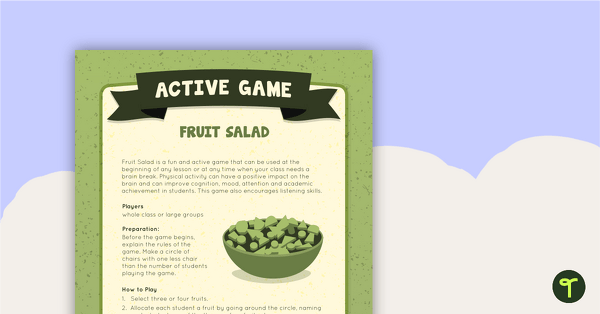
0 Comments
Write a review to help other teachers and parents like yourself. If you'd like to request a change to this resource, or report an error, select the corresponding tab above.